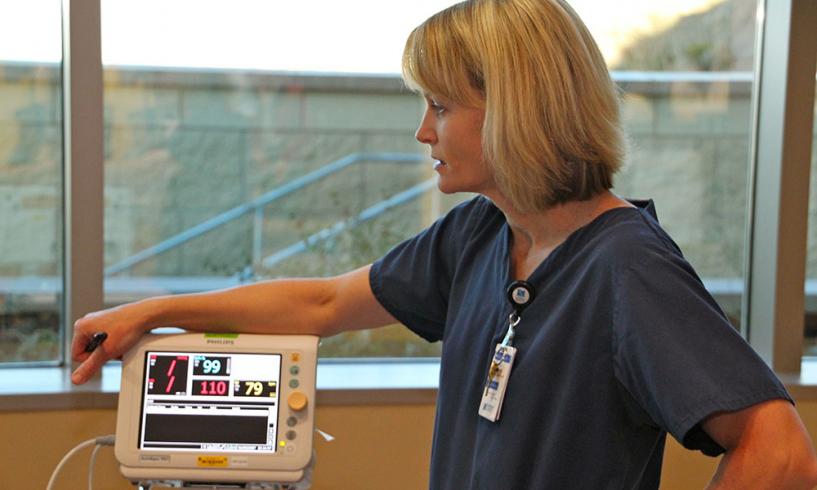Disparities in colorectal death rates take a large toll on the national economy, with the greatest burden on poorer, less well-educated communities, according to a study presented at the Eighth American Association for Cancer Research Conference on the Science of Cancer Health Disparities in Racial/Ethnic Minorities and the Medically Underserved in Atlanta, GA.
According to the report, almost 20% of people in low-income, less-educated communities who die from colorectal cancer could have been saved with early screening. The premature deaths, which place a large economic burden on those communities, are potentially preventable with routine colorectal screening, according to the researchers from the Centers for Disease Control and Prevention.
The researchers looked at colon cancer deaths from 2008–2012 for people aged 50–74. They calculated preventable deaths by comparing death rates in higher socioeconomic counties to those in counties with lower socioeconomic areas. The higher socioeconomic areas were defined as those in which at least 85% of the population had graduated from high school; all other areas were considered lower socioeconomic communities.
Applying the colorectal cancer mortality rate from higher socioeconomic areas to lower socioeconomic areas, the researchers found that 16.8% of the deaths in lower socioeconomic areas were potentially preventable if the screening rate had been equal to that of the higher socioeconomic areas. Because people in low-income communities are less likely to be screened for cancer, it’s detected at a later stage.
Using national data on U.S. mortality and socioeconomic status, the researchers determined the cost of preventable deaths by comparing the differences in potential years of life because of premature deaths: 194,927 years in lower-income communities compared to 128,812 years in higher income communities. The value of lost years included wages, salaries, and expected financial contributions to family care but did not include the cost of treatment, diagnosis, and care. They calculated that eliminating avoidable colorectal cancer deaths would result in a $4.2 billion in productivity gain for men and $2.2 billion for women.
The researchers noted that higher socioeconomic groups have better access to care and fewer barriers, including being able to take time off from work. According to the researchers, increasing awareness of and access to colorectal cancer screening in lower socioeconomic status areas could help decrease colorectal cancer deaths in those communities and associated economic losses.






